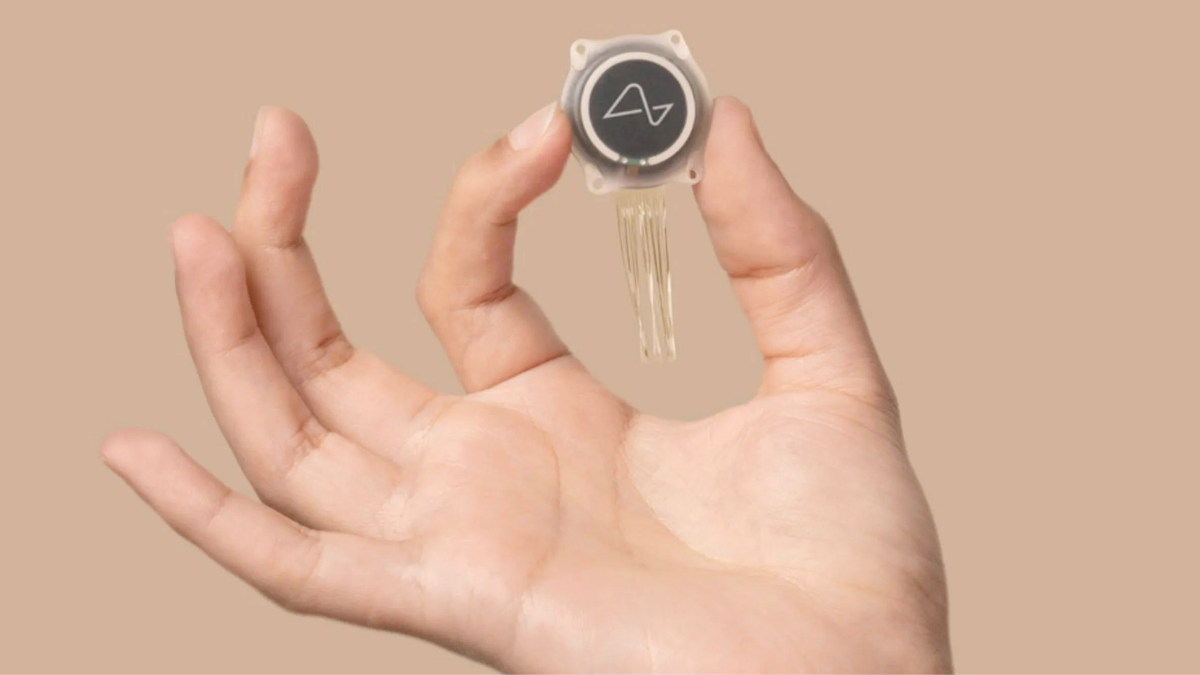

Neuralink and the Promises of Technology
The god-like delusion of advancements that offer freedom from the human condition.
02/22/24
John Stonestreet Jared Hayden

Months after receiving FDA approval for human trials, Elon Musk’s team at Neuralink has successfully implanted a brain chip in their first human subject. According to Musk, this chip, known as “Telepathy,” “enables control of your phone or computer, and through them almost any device, just by thinking.”
One stated goal is to “restore autonomy to those with unmet medical needs,” such as those who have lost limbs, suffered traumatic brain and spinal cord injuries, or had other significant mental and physical disabilities. Another is to “unlock human potential tomorrow” by redefining “the boundaries of human capability” for everyone.
This move from healing to enhancement has long plagued our technological dreams and is always problematic. Whenever technology is used to eliminate rather than accommodate human weakness, our humanity is threatened.
Technologies like Neuralink often promise freedom from finitude, but as Gilbert Meilaender has reminded us, “The only freedom worth having … acknowledges its limits and does not seek to be godlike.”
Have a Follow-up Question?
Up
Next

Related Content

© Copyright 2020, All Rights Reserved.













